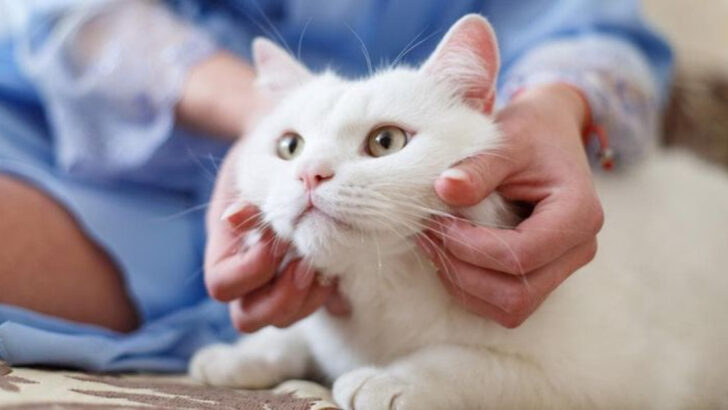Cats may look cool and collected, but their feelings? Oh, they’re real—and surprisingly fragile.
One wrong move, and your aloof little panther might be sulking under the bed, silently plotting your emotional downfall.
We think we’re being loving. Helpful. Funny, even. But to your cat, that belly rub was a betrayal. That loud laugh? An offense. That new litter box? A personal attack.
The truth is, cats notice everything. And while they won’t hold a grudge forever (well… usually), they do remember how you made them feel.
If your furry companion has been giving you the cold shoulder lately, this list might explain why.
Ignoring Their Meows
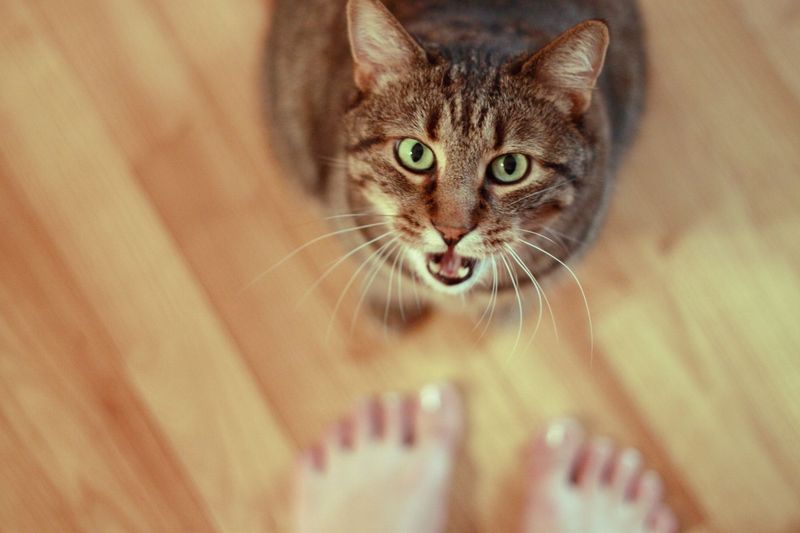
Cats communicate through meows, expressing everything from hunger to affection. Ignoring these vocalizations can make them feel unheard and neglected. Your cat relies on you to respond to their needs, whether they want food, playtime, or simply attention.
Imagine trying to communicate with someone who never listens. It can be frustrating, right? Next time your cat meows, try to understand what they might be saying. Responding to their calls strengthens your bond and satisfies their needs.
Remember, your cat isn’t just making noise; they’re trying to tell you something important.
Unpredictable Schedules

Cats thrive on routine. They find comfort in knowing when to expect meals, play, and attention. A chaotic schedule can confuse and stress them, making them feel insecure.
Picture a cat waiting by their bowl, uncertain of when food will arrive. This unpredictability can lead to anxiety and behavioral issues. Establishing a consistent routine reassures your cat and helps them feel safe.
By sticking to a regular schedule, you provide a sense of stability that enhances their well-being. Make small adjustments, if necessary, but try to keep their world as predictable as possible.
Rough Handling

Cats are delicate creatures with a strong sense of personal space. Rough handling, whether intentional or not, can make them feel unsafe and violated.
Imagine being picked up unexpectedly or touched in a way that makes you uncomfortable. Cats experience similar feelings, often leading to fear or aggression. Always handle your cat with care, respecting their boundaries.
Understanding their preferences in touch can prevent negative reactions. Approach with gentleness, and let your cat dictate the level of physical interaction. This respect for their comfort builds trust and strengthens your relationship.
Loud Noises
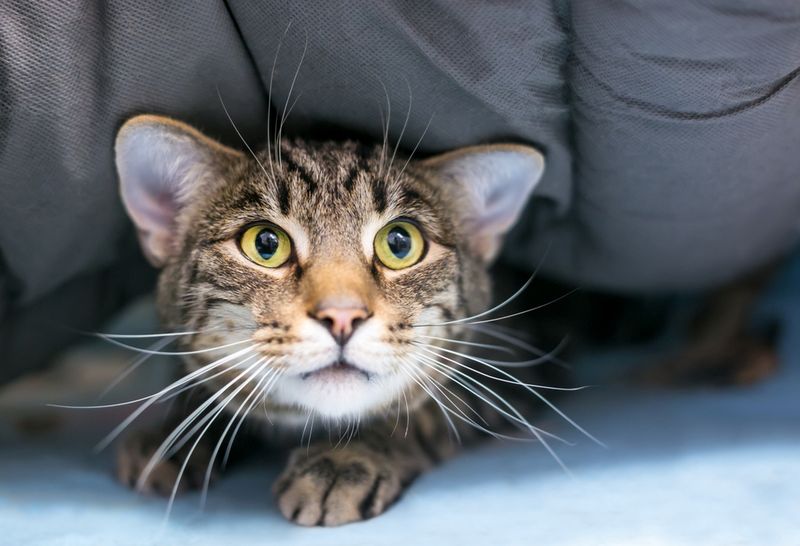
Cats have sensitive hearing, and loud noises can be terrifying for them. Unexpected sounds, like a vacuum cleaner or a sudden shout, can make them feel threatened.
Imagine being in a peaceful place and having that serenity shattered by loud disturbances. It’s unsettling, isn’t it? Cats feel similarly overwhelmed by abrupt, loud sounds.
To minimize distress, create a quieter environment or provide a safe space where your cat can retreat during noisy activities. By reducing noise pollution, you help your cat feel secure and calm in your home.
Not Enough Playtime
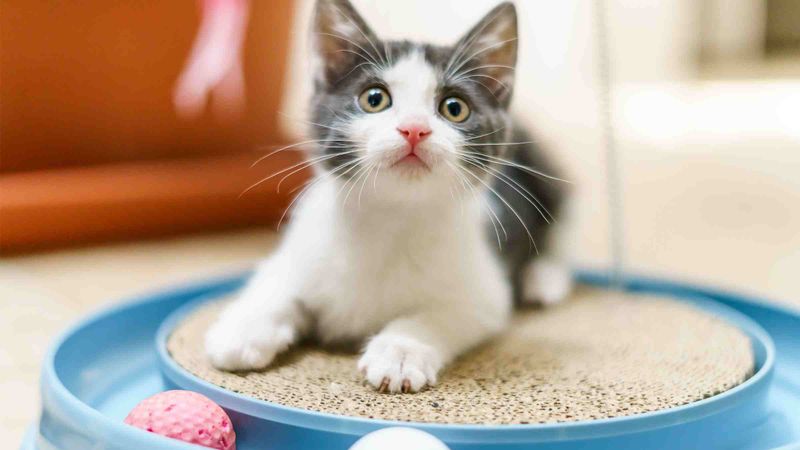
Playtime is crucial for your cat’s mental and physical health. Without enough stimulation, they may become bored or even depressed.
Think of a child with nothing to do all day – they’d become restless, right? Cats need interaction and play to stay happy and healthy.
Engage your cat with toys that mimic prey, such as feather wands or laser pointers. Regular play sessions stimulate their natural instincts and strengthen your bond. Remember, a bored cat is an unhappy cat, so make time for fun each day.
Overcleaning Their Space
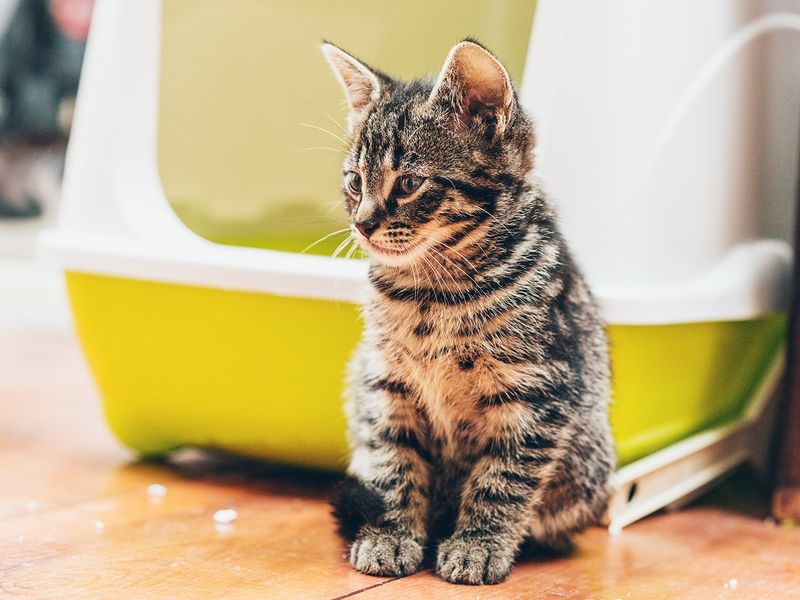
Cats are territorial creatures that rely on scent to feel at home. Overcleaning their space can remove familiar smells, making them feel displaced.
Imagine returning to a home that suddenly smells unfamiliar. It can be disorienting, can’t it? Cats use scent to mark their territory and find comfort.
While cleanliness is important, balance it with your cat’s need for familiar scents. Avoid overusing strong cleaners and allow your cat’s scent to linger. This helps them feel secure and more at ease in their environment.
Ignoring Their Grooming
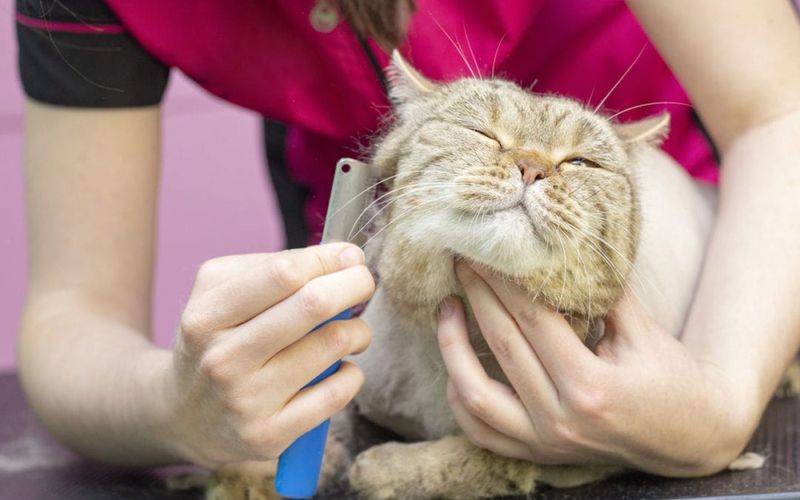
Cats are meticulous groomers, but they sometimes need help. Ignoring grooming needs, especially for long-haired breeds, can lead to discomfort and health issues.
Picture wearing a sweater that’s itchy and tangled. It’s not pleasant, right? Cats feel similar discomfort from unkempt fur.
Regular grooming sessions help maintain their coat and prevent matting. It also serves as bonding time between you and your cat. By helping with grooming, you ensure their comfort and show you care about their well-being.
Restricting Their Space
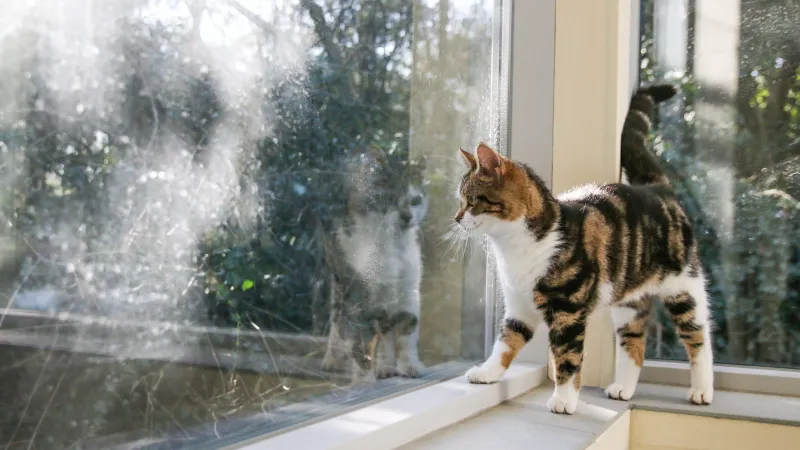
Cats are naturally curious and explore their surroundings to discover new things. Restricting their space can lead to frustration and a sense of confinement.
Imagine being in a room with no way to venture beyond. It’d feel restrictive, wouldn’t it? Cats feel the same when confined to limited areas.
Allowing them to explore safely enhances their mental stimulation and contentment. Open doors or windows when possible, or create indoor climbing spaces. This freedom satisfies their curiosity and keeps them entertained.
Inconsistent Discipline
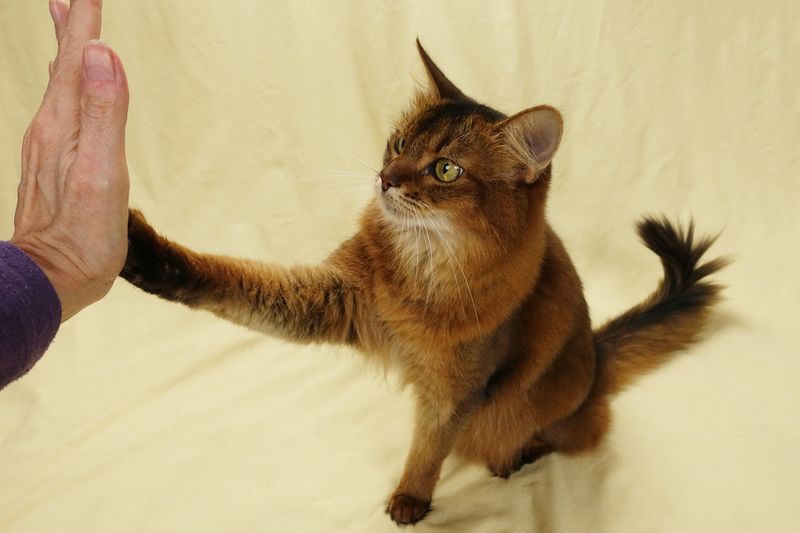
Consistency is key in training, and cats are no exception. Inconsistent discipline can confuse them, making it difficult to understand what’s expected.
Think of learning something new without clear instructions – it’s frustrating, isn’t it? Cats need consistent cues to learn behavioral boundaries.
Ensure that any rules are clear and consistently enforced. Use gentle methods like redirection or positive reinforcement. By providing clear guidelines, you help your cat know what behavior is acceptable, promoting a harmonious household.
Ignoring Their Litter Box
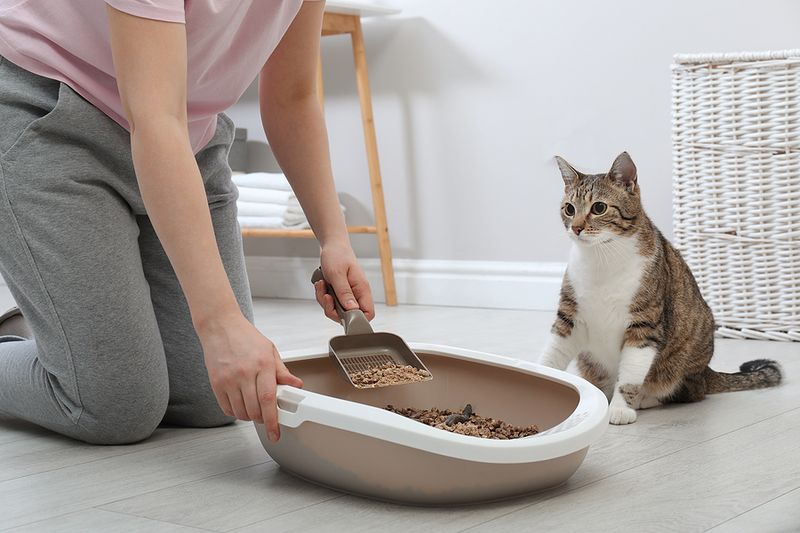
The litter box is a crucial aspect of a cat’s life. Ignoring its cleanliness can lead to distress and unwanted messes around your home.
Imagine using a bathroom that’s never cleaned – unpleasant, right? Cats are fastidious creatures and need a clean litter box.
Regular cleaning prevents discomfort and potential health issues. If your cat is avoiding the litter box, check for cleanliness and address any issues promptly. Maintaining a clean litter environment ensures they feel comfortable and respected.
Ignoring Their Health Signs
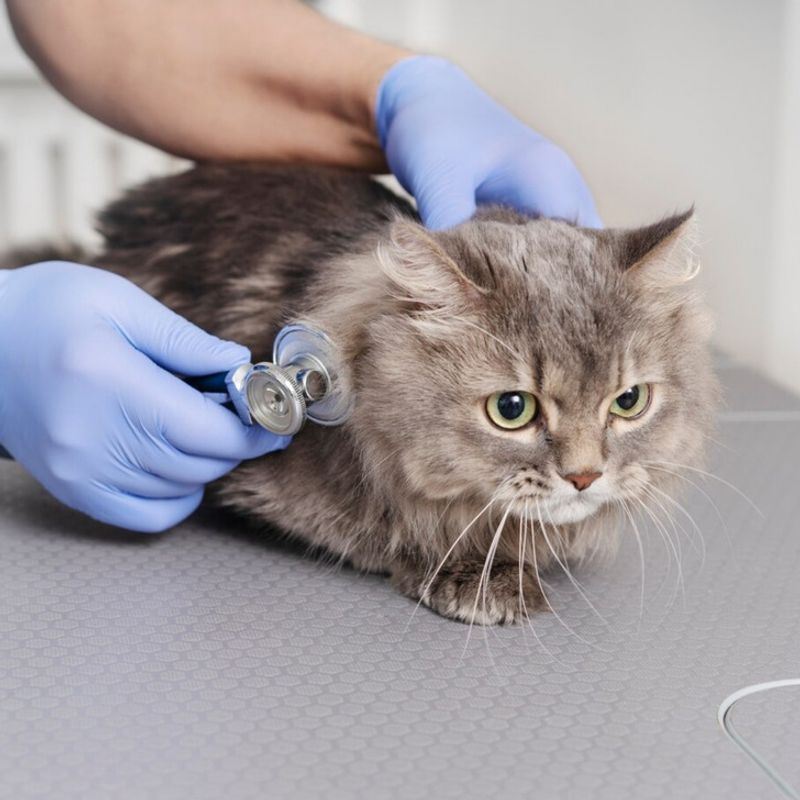
Cats often hide their pain, and overlooking subtle health signs can lead to serious issues. Noticing changes like unusual behavior or appetite is vital for their well-being.
Imagine feeling unwell and having nobody notice or care. It’s distressing, isn’t it? Paying attention to your cat’s health cues is crucial.
Regular vet check-ups and being observant can prevent problems. By staying attuned to their needs, you ensure they stay healthy and feel loved. Remember, even small changes can indicate something significant.
Disregarding Their Preferences
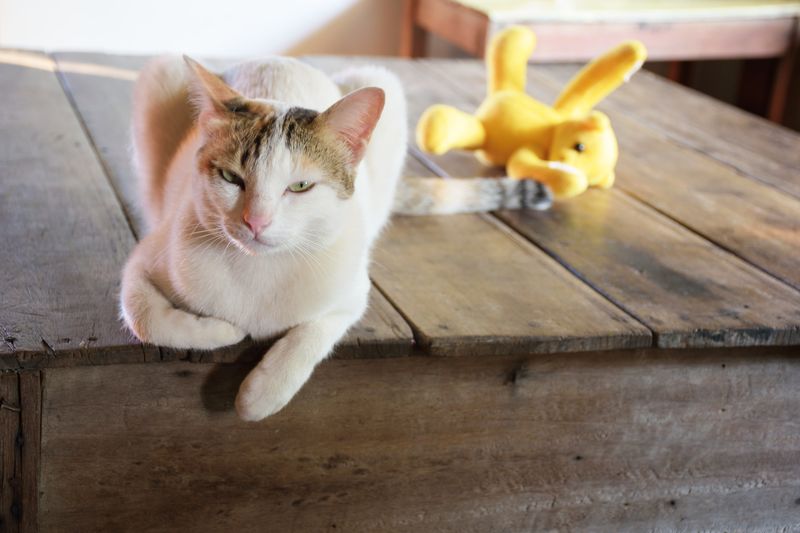
Cats, like people, have preferences. Ignoring them when choosing toys or beds can make them feel disregarded and less inclined to engage.
Picture receiving a gift that doesn’t suit your taste. It’s disappointing, right? Cats feel similarly when their likes are overlooked.
Observe your cat’s reactions to different items and cater to their likes. Whether it’s a specific toy or a cozy spot, respecting their preferences shows you value their happiness.
Neglecting Social Interaction
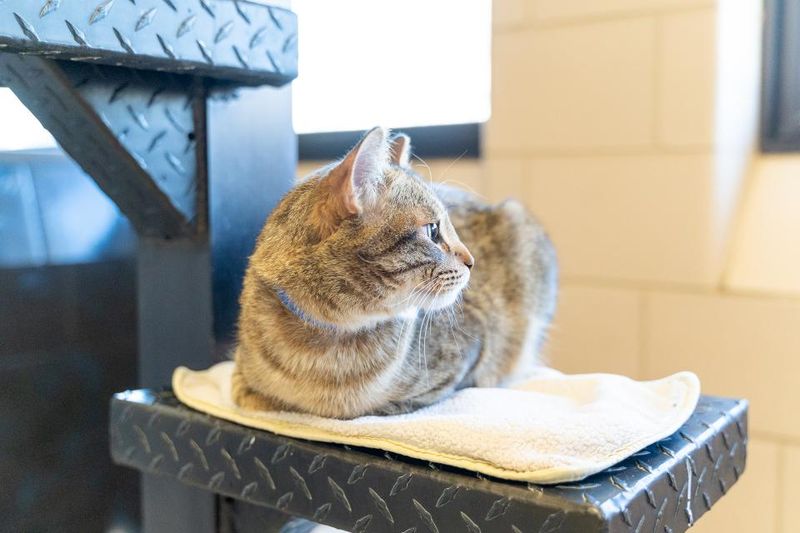
Cats may seem aloof, but they thrive on social interaction. Neglecting this need can lead to loneliness and stress.
Imagine feeling isolated without anyone to share your world. It’s lonely, isn’t it? Regular interaction keeps your cat emotionally healthy.
Spend time cuddling, talking, or playing with your feline friend. Social engagement is vital for their happiness and strengthens your bond. Your cat isn’t as independent as they seem; they desire your company and affection.
Overfeeding Treats
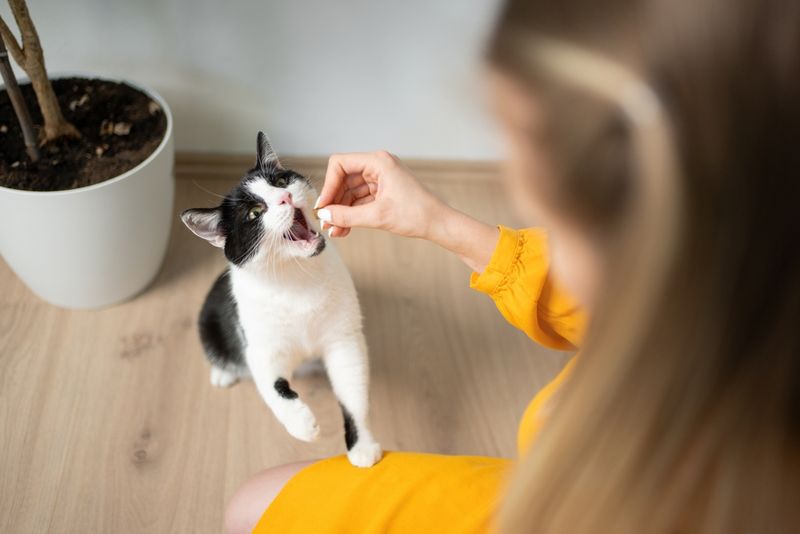
Treats can be a delightful part of your cat’s day, but overfeeding can lead to weight issues and health problems.
Think about indulging in sweets too often – it’s tempting but not always healthy. Cats also need moderation to stay fit.
Use treats sparingly as rewards, and balance them with a proper diet. This keeps them healthy and maintains their energy. By controlling treat intake, you care for your cat’s overall well-being.
Ignoring Their Personal Space
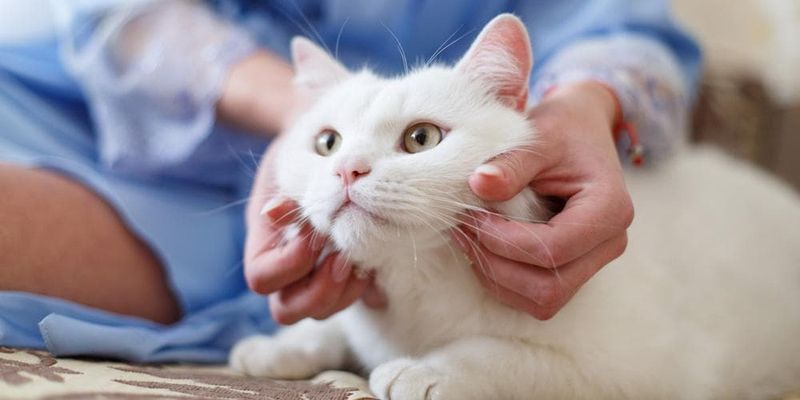
Cats value their alone time and personal space. Constantly invading it can lead to stress and irritation.
Imagine never having a moment to yourself. Exhausting, right? Respecting your cat’s need for solitude is important.
Allow them to retreat to their favorite spots without interference. This respect for their space fosters a positive relationship and ensures they feel comfortable in their home.
Forgetting to Update Environment
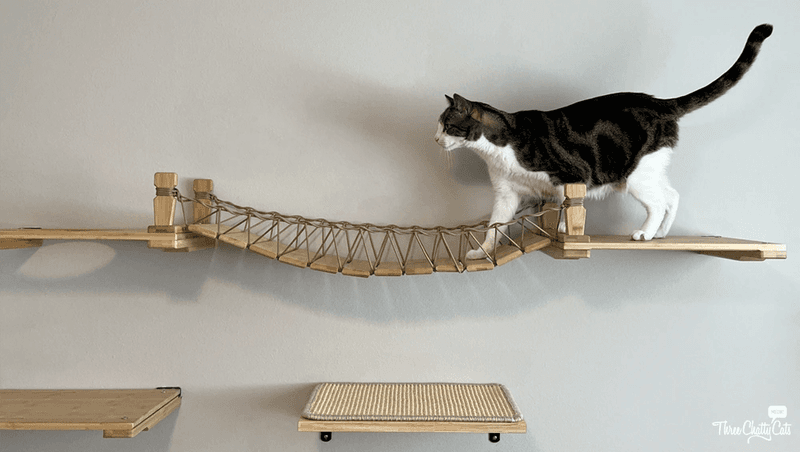
Cats are curious explorers, and a stagnant environment can lead to boredom and disinterest.
Picture yourself in a room that never changes – it’d become dull, wouldn’t it? Cats thrive in stimulating surroundings.
Introduce new elements like toys or climbing structures to keep their environment lively. Regular updates provide mental stimulation and entertainment, keeping your cat engaged and happy.

